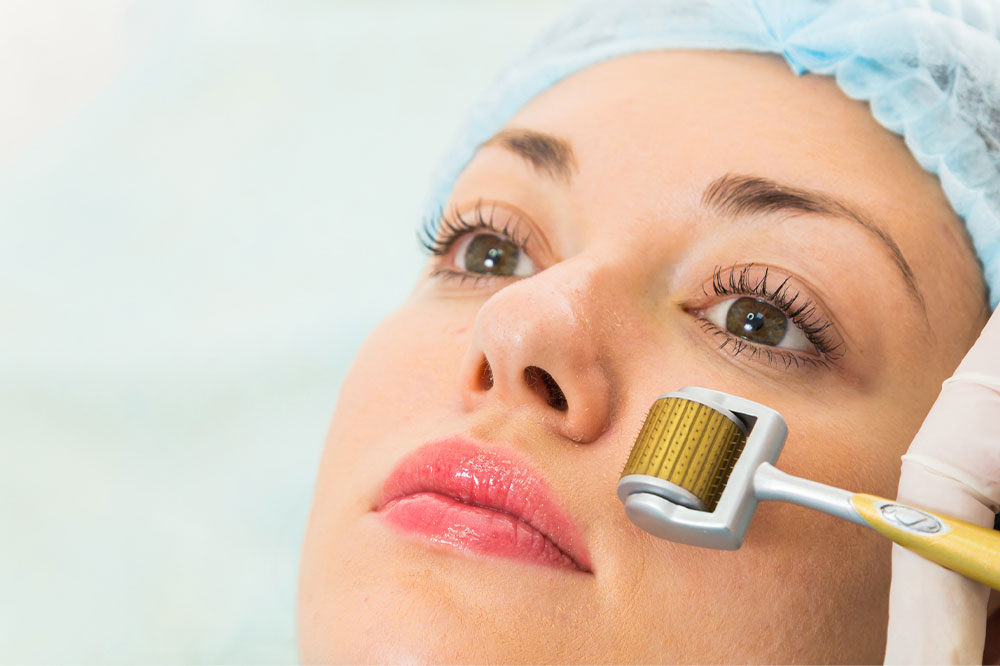5 common botox mistakes to steer clear of

Wrinkles are a considerable part of the aging process. But that doesn’t imply you can’t do anything to eliminate them. Products and procedures combined with a healthy lifestyle and eating habits can slow aging. This also means steering clear of fine lines and wrinkles from appearing. One such procedure is getting Botulinum toxin-A or Botox done. It helps with excessive sweating, neck spasms, and overactive bladder. Avoid these five mistakes if you’ve just undergone them.
Working out
Working out is an absolute no-no after you have been to the skin clinic for Botox. As harmless as getting in a workout sounds, it can strain and contract the muscles resulting in decreased effectivity of Botox. The heightened blood flow will wear off the Botulinum toxin faster than expected.
Beauty treatments
It might sound obvious, but it needs to be discussed nonetheless. We suggest canceling your plans if you plan to get a facial after your Botox appointment. Facial or any other face beauty treatment is a massive no-no after Botox. Avoid procedures for around two weeks to allow the wrinkle relaxers to work magic and settle in their rightful place. If you are waiting long enough, the combined effect of your facial and Botox will be surprisingly gorgeous skin.
Putting on makeup
Putting on makeup is another mistake you must avoid once Botox is put into your face. You might be reaching for your concealer and foundation to cover up the redness caused by Botox. But most people experience this redness, and if it bothers you, stay home and let your face heal in its own time. If you have an upcoming event you need to attend, schedule your appointment well in advance instead of squeezing it in. Not dabbing on makeup also prevents you from getting a potential infection.
Rubbing or massaging
Spreading Botox to other areas of the face is something you want to avoid. After all, if you wanted it in more places, you could get more stuff put in. To avoid this blunder, you must keep from rubbing or massaging your face. The more time you allow for the Botox to settle, the better results you can expect. This also includes refraining from putting on serums, moisturizers, etc. So you must focus on giving your face a break and letting it rest. The best way to ensure you aren’t doing anything else is to make your Botox appointment when you have nothing on the schedule.
Sun exposure
Excessive sun exposure can leave you more vulnerable to skin irritation and bruising. Plus, the sweating won’t do you any favors. Avoid spending more than necessary time in the sun for at least 24 hours after putting in Botox. Consult your doctor before leaving the clinic about putting on some sun protection. Then, carry a set of sunglasses and a hat that will save you from exposure to the sun.






